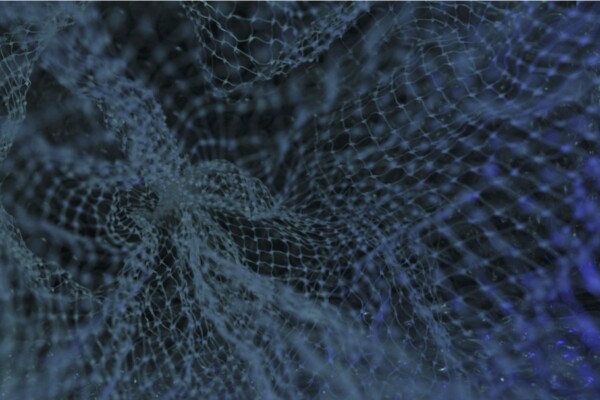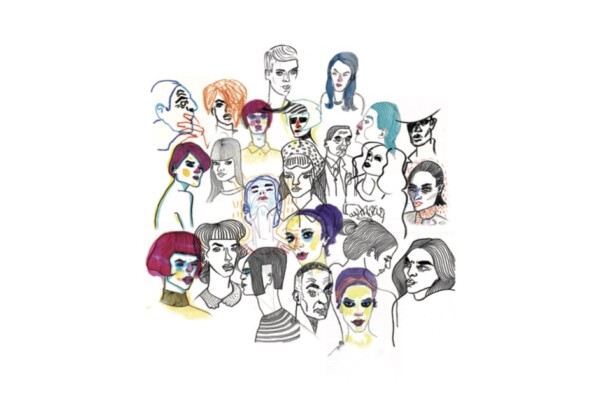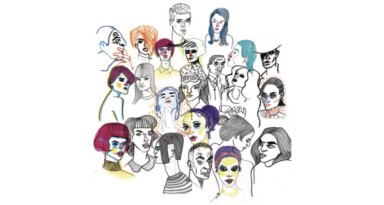“No man is an island, entire of itself; every man is a piece of the continent, a part of the main. If a clod be washed away by the sea, Europe is the less, as well as if a promontory were, as well as if a manor of thy friend’s or of thine own were: any man’s death diminishes me, because I am involved in mankind, and therefore never send to know for whom the bell tolls; it tolls for thee.” – John Donne, Devotions Upon Emergent Occasions, 1624
NEWS FROM NOWHERE: When we head out to buy a new consumer item – be it a vacuum cleaner, computer, or lawn mower – we rarely think of the transaction as akin to meeting a new person. Yet what if this encounter, like any human connection, might shape us in unforeseen ways, with outcomes both positive and negative?
Philosopher Bruno Latour challenges the idea that humans alone possess agency. In his view, objects too can act – they exert influence through the roles they occupy and the outcomes they help bring about. From germs to coffee machines to institutions, humans and non-human entities are entangled in vast, interdependent networks. Latour’s actor-network theory posits that every “actant” – human or non-human – plays a role in shaping outcomes, and thus carries agency and value.
“Actants” are defined not by what they are, but by what they do – by their capacity to affect the course of events. A smartphone, for instance, is not neutral; it reshapes our attention, our communication, our habits. Gravity itself, though invisible, is no less active – it governs motion and form. A car transforms not just mobility, but also how we relate to infrastructure, rules, and each other. Latour’s theory draws our attention to the significance of things – the overlooked agents that shape our world and experience. Objects are no longer passive; they are participants in a dynamic, shifting cultural and social web.
This has profound implications for how we understand connection. We tend to think of connection in terms of family, friendships, or digital networks – but seldom in terms of household items, weather systems, or gadgets. Yet these, too, act upon us. They are entangled in the same mesh of influence and relation. We live, in Latour’s terms, not above or apart from the world of things, but among them. It’s a theory that invites us to view the objects around us not as benign bystanders, but as powerful actors capable of enacting change.





